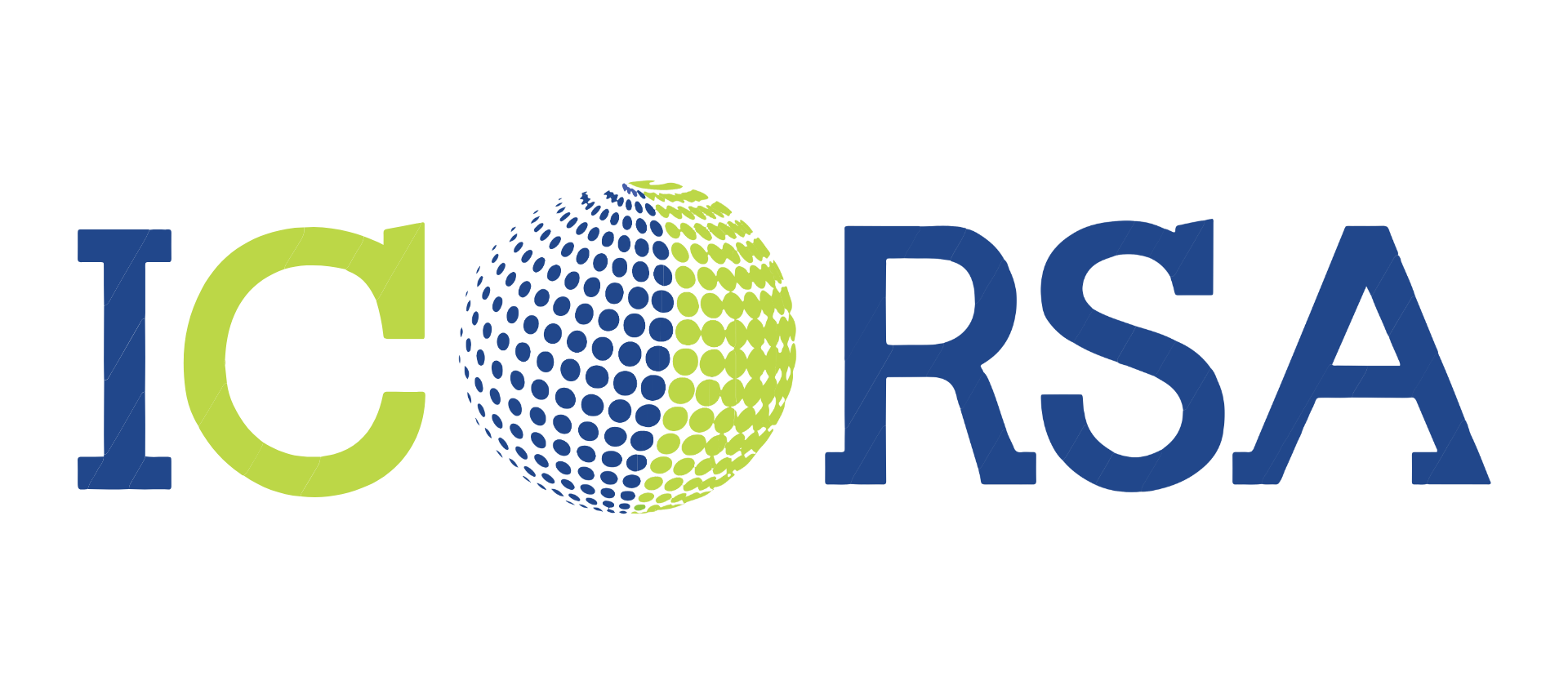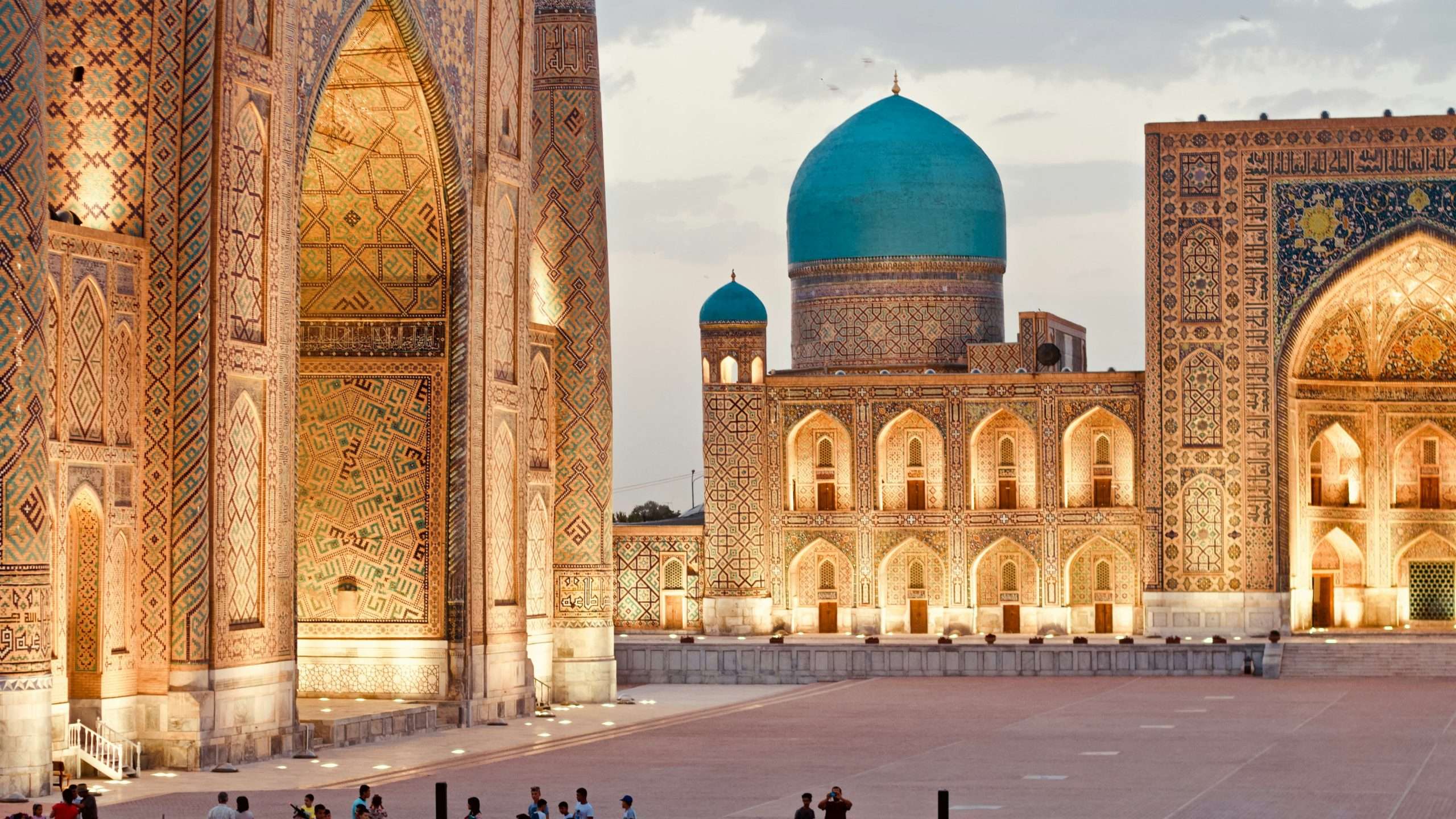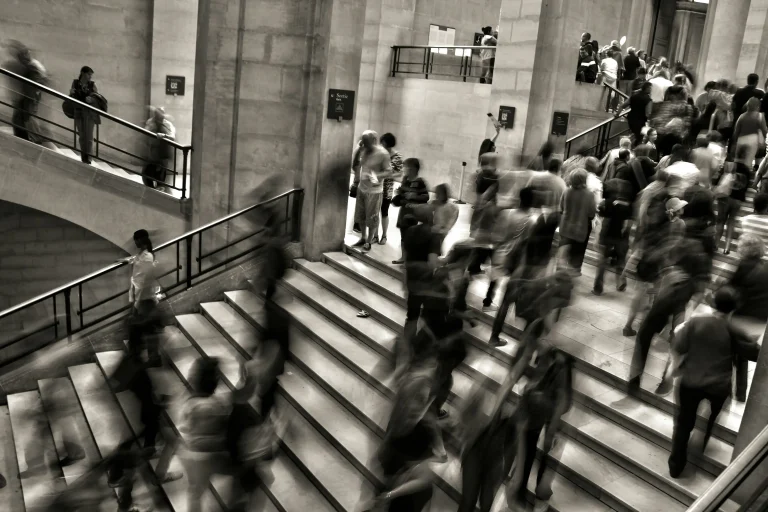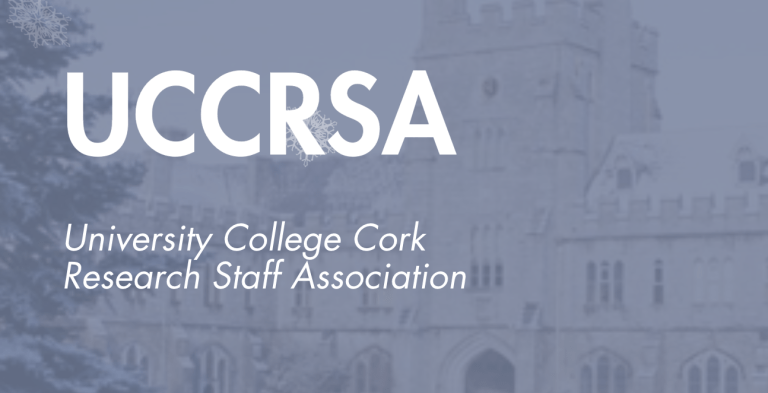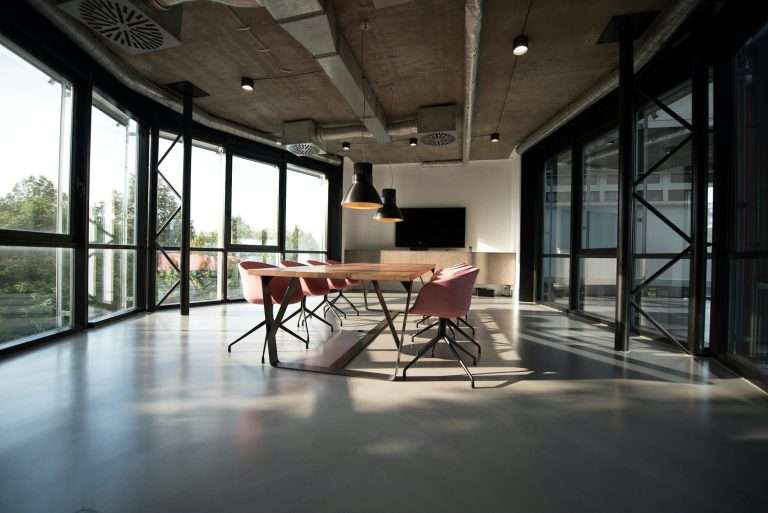Conference Center and EXPO Center, Silk Road, Samarkand
30 October – 13 November 2025

Gianna Avellis attended the 43rd UNESCO General Conference in Samarkand, one of the world’s most ancient and beautiful cities, the pearl of the Great Silk Road, and a proud of UNESCO World Heritage Site.
She presented the ICoRSA activity with the OCEAN DECADE of UNESCO programme at the NGO SPACE. ICoRSA is currently a certified UNESCO NGO. ICoRSA collaborated to the 3 Volumes Book edited by Teresa Kennedy, who she contacted at previous UNESCO Conference in Paris UNESCO Headquarters, called Ocean Literacy: The Foundation for the Success of the Ocean Decade
3-Volume Book – Sustainable Development Series at Springer Nature
Volume I: Transforming Education, Research, and Engagement (21 chapters)
(Entered production – June) OPEN ACCESS!
Volume II: Fostering Community, the Sustainable Blue Economy, and the Arts (22 chapters)
(Entered production – July) OPEN ACCESS!
Volume III: Accelerating Communication, Technology, and Global Initiatives (22 chapters)
(Enters production – October) OPEN ACCESS!
This 3-Volume Book has been officially endorsed by the UNESCO-IOC as an Ocean Decade Activity, involving >250 Authors from 42 countries/regions and double-blind peer reviewed by
>80 international experts
ICoRSA NGO collaborated with the Ocean DECADE of UNESCO with the Book Chapter 3 in Volume II:
G.Avellis, Gordon Dalton, Rosarii Griffin, Erna Karalija, Dannie O’Brien, and Silvia Vilches
Empowering Communities for Ocean Sustainability: ICORSA’s Perspective on the Importance of Community Engagement and Stakeholders Involvement in Marine Initiative,
Live in January 2026:
https://link.springer.com/book/9783032094520
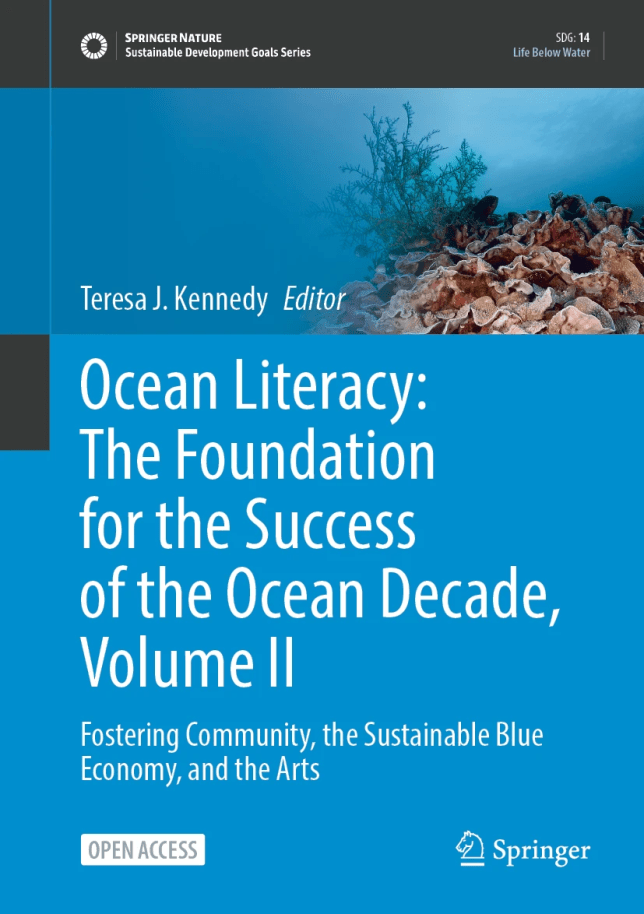
Besides the ICoRSA Activity with UNESCO, Gianna Avellis introduced the ICoRSA organisation, pointing out the structure, i.e. a global network of individual researchers and Research Staff Associations in Brazil, Canada, and in several countries in Europe, Germany, France, Spain, Italy, Portugal, Ireland and UK. She mentioned ICoRSA key projects:
SECURE – Sustainable Careers for Researcher Empowerment – www.secureproject.eu
SECURE2 – Sustainable Careers for Researcher Empowerment – www.secureproject.eu
PHAROS – Marine Biodiversity Restoration – www.pharosproject.eu
H2HEAT – Hydrogen to Heating – www.h2-heat.eu
OPUS – Open and Universal Science – www.opusproject.eu
Further, she illustrated ICoRSA competence fields in
- Community building & knowledge sharing,
- Advocacy on precarity, RRI, gender equality, research culture,
- Consultation inputs: UNESCO, ISE, European Parliament (UNESCO Recommendation on Science and Scientific Researchers – Core Indicators Questionnaire, ISE Questionnaire European Parliament Elections, Public consultation on the future of MFF),
- Workshops and debates on research careers
She also pointed out ICoRSA Strategic Partnership with:
- Science Europe – Working Groups on Careers, FP10
- UNESCO – NGO inputs to science policy and OCEAN DECADE activity
- EURODOC, MCAA, Young Academy Europe – Career initiatives
- International Science Council (ISC) – Member engagement
- RESAVER – European pension fund for researchers – Chair of RESAVER Consortium
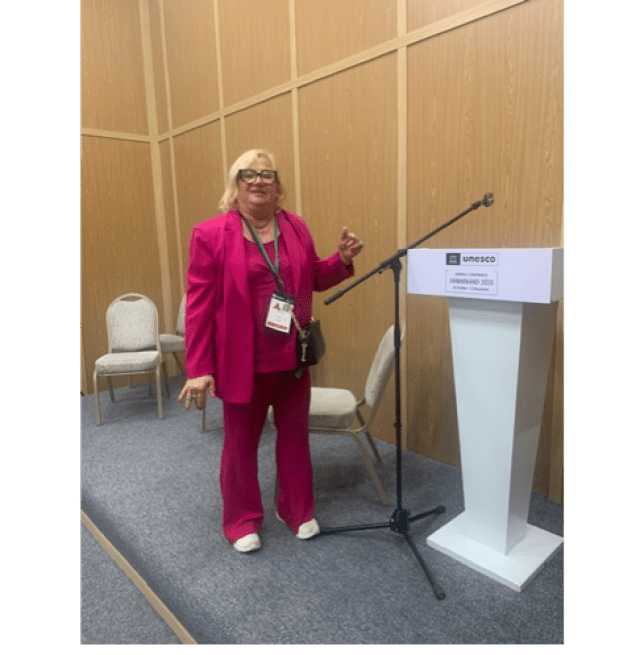
Gianna Avellis attended several Plenary Meeting at the Conference, where there was several Member States presentations (Norway, South Africa, Libia, Egypt, Finland, Bangladesh, Iran, …) where Education was at the hearth of the Conference talks, promoting Human Rights and Gender Equality: to invest in Education remains a primary strategy of UNESCO partnership of these States, as well as expanding the opportunities for gender, disability, and cultural diversity. It was underlined UNESCO advocacy in promoting education and digital learning in the world, protecting cultural heritage and human rights, commitment with multilateralism and sustainable development. Celebrating 70 years of UNECSO partnership it has been pointed out how Climate is a global issue and we need sustainable practices to face it. Digital Divide is a critical driver as well as user accessible data and avoiding racism.
Congratulations to President of Uzbekistan has been given by UNESCO for organising the General Conference at the state-of-the-art complex including the Congress Center and EXPO Center in Samarkand Silk Road.
The President of Rep. of Uzbekistan Shavkat Mirziyoyev gave his address to the Conference underscoring the country’s growing role in promoting cultural diplomacy, multilateral dialogue, and international cooperation.
There were several side event which Gianna Avellis attended such as “The global skill gap: the world in transition”, the thematic meeting on the future of UNESCO, “The Network of NGOs in Official Partnership with UNESCO: An Asset for the Organisations”, Diverse Roles of National Commissions in the periodic 4.year reporting of Member States on UNESCO Recommendations”, “Cooperation between NGOs and National Commissions for UNESCO”, “NGO.UNESCO Liaison Committee 2020-2026: Reflecting on our foundation and Building Forward”, “FOCUS NGOs – Sharing Experiences” where Gianna Avellis gave her speech on ICoRSA and networked with the other UNESCO NGOs.

Additional events attended within the Framework of UNESCO General Conference were the following:
- Presentation of RAM Report on the Ethical Use of the Artificial Intelligence in Uzbekistan
- Trust, Transformation, and Tomorrow: The Science We Need for 2025
The first side event was very interesting as the first speaker presented the UNESCO Recommendation of Ethics in AI (Dr. Darha Feinholz – Director for Research, Inclusion, and Ethics AI and Chief of Section for Bioethics and the Ethics of Science and Technology, UNESCO Headquarther). It was followed by two speakers – Marc-Antoine Dihac Professor at University of Montreal, International RAM Consultant, and Aziz Atabekov, Deputy Director of ZTE Uzbekistan, National RAM Consultant– the topic of the Readness Assessment Methodology – Key Findings. The last speaker – Mansur Mamadjanov, Specialist for the Center of AI and Digital Economy, Development under Ministry of Digital Technology- illustrated the Development of Artificial Intelligence in the Republic of Uzbekistan, Strategy, Human Resources and Technologies.
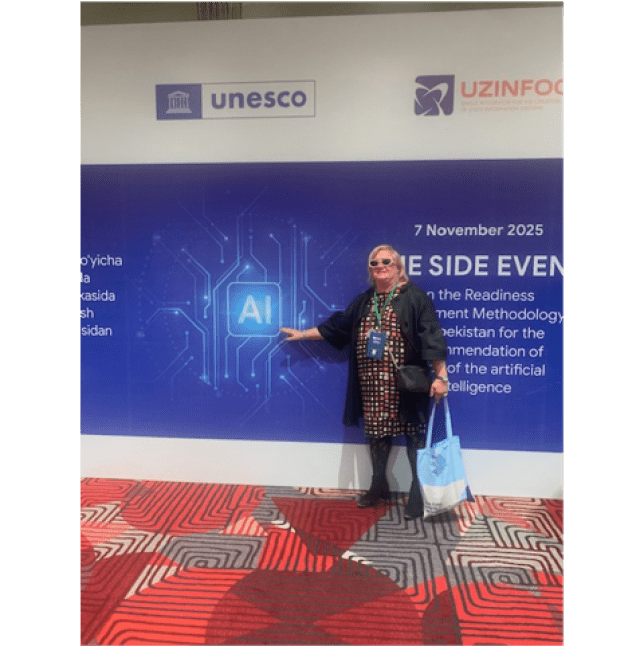
Concering the second event The Science We Need for 2025, the speakers and the panel discussion were very very competent and gave their viewpoint on the Science We Need for 2025.
Linda Brito, Assistant Director General for Natural Sciences of UNESCO, wished to all the participant a Happy World Science Day for Science and Peace, as this year, the celebration took place is in the beautiful city of Samarkand under of the umbrella of SDG: this decade is a huge opportunity to plays science at the core of sustainable development.
There were very important questions addressed by the speakers, questions that we need to continue to ask for building the Science We Need for 2050. The discussion invited the speakers to consider how we can contribute to more inclusive society with ethical responsibility and open collaboration: we build trusting science and ensuring science truly works for the benefit of world.
One challenge pointed out by Lidia Brito was how new paradigm are transforming science:
- Open Science: the technology changes the way we make science then the importance of transparency accountability and public engagement: they are the foundation of future science.
- Evolution of AI already changes the way we make science and assess the knowledge.
- Accountability, Equality and Public Engagement.
The speakers were also very inspired through UNESCO capacity building: it will empower young leaders to lead the science for tomorrow.
Two announcements were illustrated by Lidia Brito:
- UNESCO Future Science Museum, and
- a new publication Science for peace and Development at UNESCO – An Anthology by Nobel Laureates.
The UNESCO will launch the UNESCO Future Science Museum next month on the 15 December to celebrate the diversity of knowledge in science and society and sustainable development: science should share public goods, immersive and engaged exhibition to celebrate the diversity of knowledge, multilingual, and celebrate the complexity of knowledge.
The UNESCO Future Science Museum includes three inspiring Themes:
- Women in science
- The voice of water
- Art and science
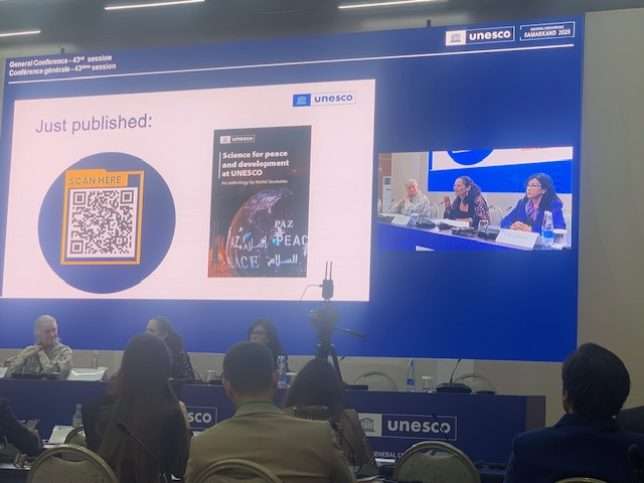
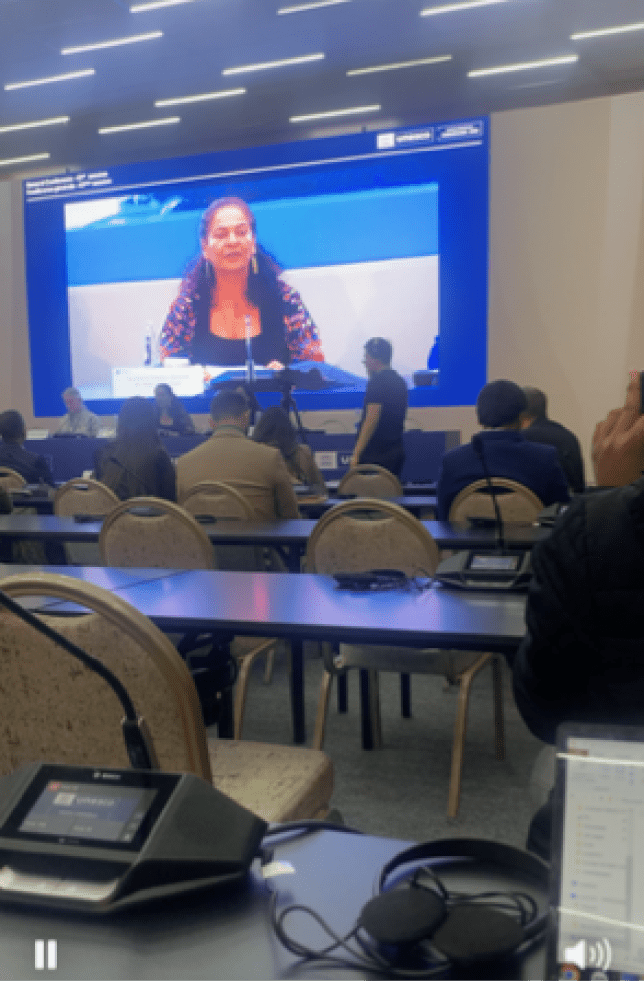
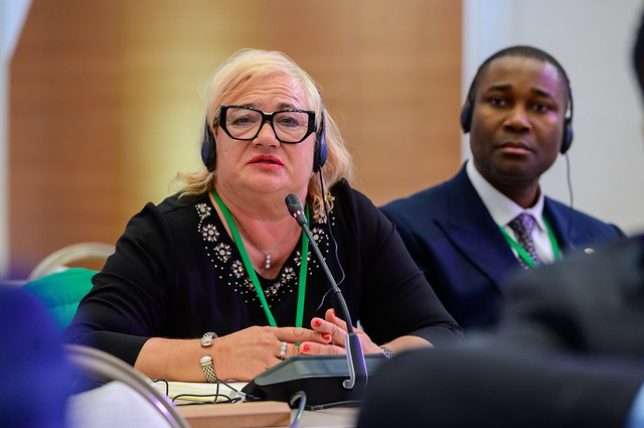
Gianna attended the Priority Africa event in NGO SPACE where the Director Mohamed Elfarnawany presented the Operational Strategy for Priority Africa 2022-2029. In brief:
- Along with Gender Equality, Africa is one of UNESCO’s two priorities. The Operational Strategy for Priority Africa was adopted in 2021 after a broad and inclusive consultation process with Member States, including UNESCO’s Africa Group, programme sectors at Headquarters, field offices in Africa and the Bureau of Strategic Planning.
- The Operational Strategy for Priority Africa 2022-2029 is UNESCO’s response to the issues and challenges of Africa’s Development as identified by Africans themselves.
- Its ambition is to contribute to the development of the SDGs of the UN Agenda 2030 and the Africa Union’s Agenda 2063 “The Africa We Want” in UNESCO’s field of competence.
- The Operational Strategy includes five flagship programmes: Campus Africa, the General History of Africa, Fostering Cultural Heritage and Capacity Development, New and Emerging Technologies and the Recommendations of the Ethics of AI, and Open and Basic Sciences.
A recognition of Africa as important partner at international stage was illustrated by a key event: On 1 December 2024, for the first time, and Africa country, South Africa, officially took the presidency of the G20 for year 2025. Gianna Avellis represented ICoRSA at the inception event in South Africe, Cape Town, of Women20, an engagement group on gender equality policies of G20, and contributed to write the recommendations of Women20 on Gender Equality to be included in the final declaration of G20. Gianna proposed a collaboration with South Africa RSA of ICoRSA and the Priority Africa events, organising some joint webinars, such as the WOMEN FOR PEACE.
Thematic Panel – “UNESCO: What Mandate for Tomorrow? Perspectives from Practitioners”
There was a Panel discussion among several practitioners, namely:
- Prof. Alicia Kowaltaski (Brazil) biochemist specialised in methabolism, laureate at L’Oreal UNESCO for Women in Science Award 2024, who presented the initiative COURER – Education in the age of AI (what scientific method is? Explore the world with the latest tool we have and confirm hypothesis with world phenomenon, science should underline our decision with scientific methods and we have to be sure that everybody has a shared voice to be heard)
- Mr Mahamed Zogham (Tunisia) Consultant in Business Engineering and Strategic Analysis – presented the HERO’S AMERICAN an African American History heroes for education.
- Prof. Sveio Stolem (Norway) Professor of Chemistry and former Rector of University of Oslo: we have 60 Million of refugees with 50% of refugees with education we bring education to the campus where refugees are.by using not only digital environments but also let students meet society: what contents of teaching and skills we need? Programmes Community Health for all refugees seeking Education in Emergency Ill.
- M.me Amina Maman presented by video the BEGUN organisation 2021 for women with the upport of UNESCO, delivering 24 hours education for women, both radio and TV to interact women and expert educators on fundamental rights: we have tools for community building but there is still a digital gap
At the Questions & Answer session after the Panel there were very interesting questions asked to the speakers, such as We need to know who we are as human being and AI is not trained on the knowledge of different cultures but only on UK and USA cultures. Open Access Data : we need very large Data Bases whci need to be safer if safeguard by multi-organisations. Educational Contents spread to refugees camps. Displaced people.
Gianna Avellis asked a question to Prof. Alicia Kowaltoski, underlining as a future mandate for UNESCO the one of closing the Digital Gap of Women and Girls and Education of Women and Girls in STEM as priorities to fight the current barriers they are facing when undertaking scinetific studies and careers. And the Prof. Kowatolski thanked for this question and pointed out as L’Oreal UNESCO Women in Science Award winner that Gender Equality together with Priority Africa is one of the two main priorities of UNESCO and UNESCO will address the digital gap of Women and Girls in STEM in its future programmes.

The 43rd General Conference of UNESCO has been an important place to the networking activity of ICoRSA Chair, who makes several contacts useful for ICoRSA, among them the most important have been the following:
- Lidia Britto, Assistant Director-General for Natural Sciences, +33 3 45680109, who gave the presentation to The Science We Need for 2025, to collaborate on Gender Equality.
- Svetlomira STOYANOVA, President NGO-UNESCO Liason Committee, comite.liason.ong@unesco.org who welcomed the presentation of ICoRSA at the NGO SPACE event focussing on UNESCO NGOs, to keep in contact for ICoRSA NGO activities at UNESCO..
- Mohamed ELFARNAWANY, Director, Division of Priority Africa Coordination, m.efarwany@unesco.org who Gianna contacted for participation of ICoRSA South Africa NGO to the programme Priority Africa and to co-organize some webinar/workshops in this programme.
- Davide GROSSO, Director of Programmes&Partnerships, UNESCO, past President of the NGO-UNESCO Liason Committee, d.grosso@imc-cim.org , also Director of the UNESCO NGO INTERNATIONAL MUSIC COUNCIL, to collaborate on future initiatives of ICoRSA on Culture.
- Prof. Alicia J. KOWALTOWSKI, Prof. University of San Paulo, Istituto de Chimica, Brazil, alicia@iq.usp.br a L’Oreal-UNESCO Women in Science Award winner, to collaborate on Gender Equality.
- Sabina COLOMBO, Chief Unit for Civil Society Partnerships, Bureau of Strategic Planning, UNESCO, s.colombo@unesco.org , she is a reference person for UNESCO NGOs.
The NGOs accredited by UNESCO presenting at the conference have been contacted as well and the most important are as follows:
- IAU – International Association of Universities, is an independent, non-governamental organisation and offiicial partner of UNESCO (Associate Status). It also has consultative status at UN Economic and Social Council (ECOSOC) and participatory status with the Council of Europe. IAU is a membership-led organisation with the purpose of advancing higher education and its important role in the development of our society. It is a leading global association of higher education organisations and institution around the world with Members in 130 countries.The association offers various services such as networking events, research, trainings and advisory services. www.iau-aiu.net centre@iau-iau.net . This year we have to try to make also ICORSA an ECOSOC member.
- WASME . World Association for Small and Medium Enterprises is an UNESCO NGO fostering and promoting SMEs globally sinse 1980. It enjoys consultative and observer status with UN agencies such as UNIDO, ECOSOC, ILO, and others several inter-governmental and international organisatios. WASME promotes and develops SMEs internationally throgh policy advocacy, information sharing, conferences, seminars, exhibits. Skill development, training programmes, publishing, network linkages and many other similar activities. It is based in India. www.wasmeinfo.org wasme@wasmeinfo.org – It is interesting for contacting the researchers in SMEs in WASME for ICoRSA
- BPW International (International Federation of Business and Professional Women), Linkedin: company/bpw-international , is an influential international network of business and professional women from more than 100 countries in 5 continents with Consultative Status at ECOSOC/United Nations. Founded in 1930, BPW International develops the professional, leadership and business potential of women on all levels through mentoring, networking, skill building and economic empowerment programs and projects around the world. Gianna contacted one of its member, namely Marie Claude Machon-Honorè, Professor- Doctor in Anglophone Studies (Sorbonne ) she researched the role of education in women’s development at UWI. She joined BPW France in 2008- main representative to UNESCO since 2012. She contributed to the 1st international NGO-UNESCO forum on Education in 2013, was co-leader of 4th forum -Role of women in fighting poverty , 8th Forum on climate change , 10th on Science in Moscow ,11th on Inequalities, facilitating BPW regional interventions. She was elected NGO-UNESCO Liaison Committee Member in 2016 , Chair of ICNGO & President of the Liaison Committee in 2018. She was re-elected for the Liaison Committee – Europe-NA region in 2020. Active member of CCNGO-Ed2030 Coordination group 2017-2022. Women in STEM TF. She represented NGO Partners & WfWP at COP 21 and has been instrumental in initiating partnerships with WWAP & Ed Sector multi-stakeholder coalition for Gender Equality,. She co organised the celebration of Peace with NGO partners at UNESCO on 24th sept 2024.This contact will be very useful for the ICoRSA WG on Gender Equality.
